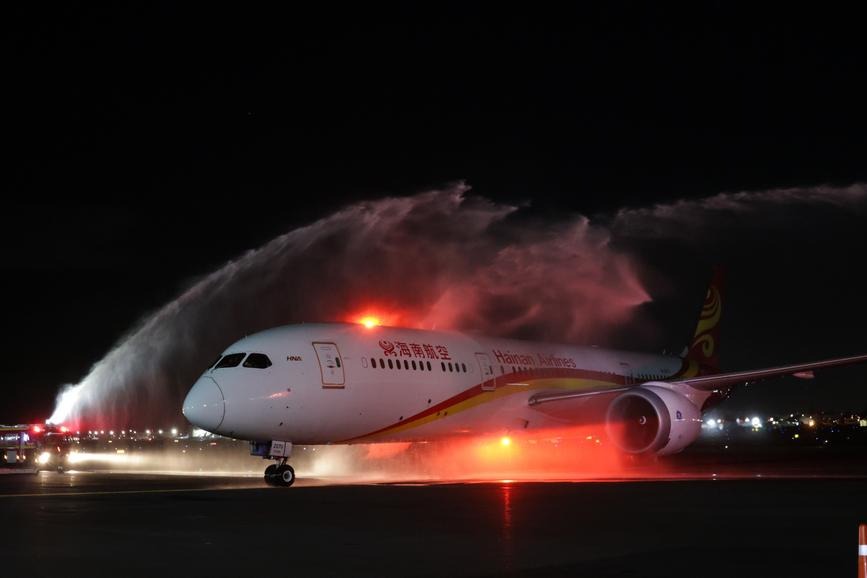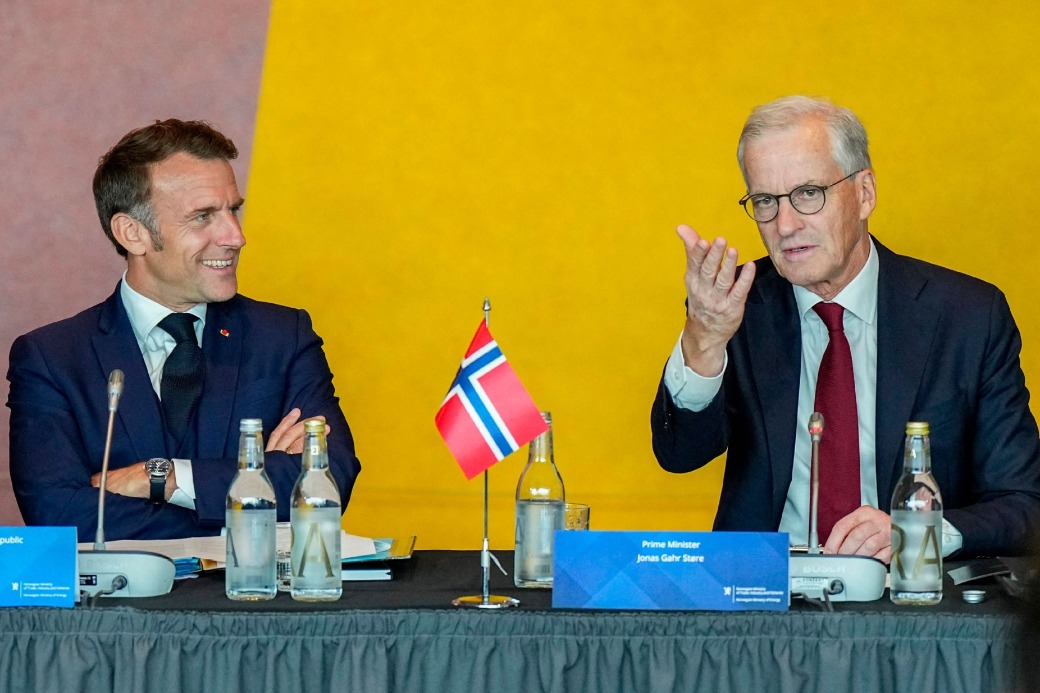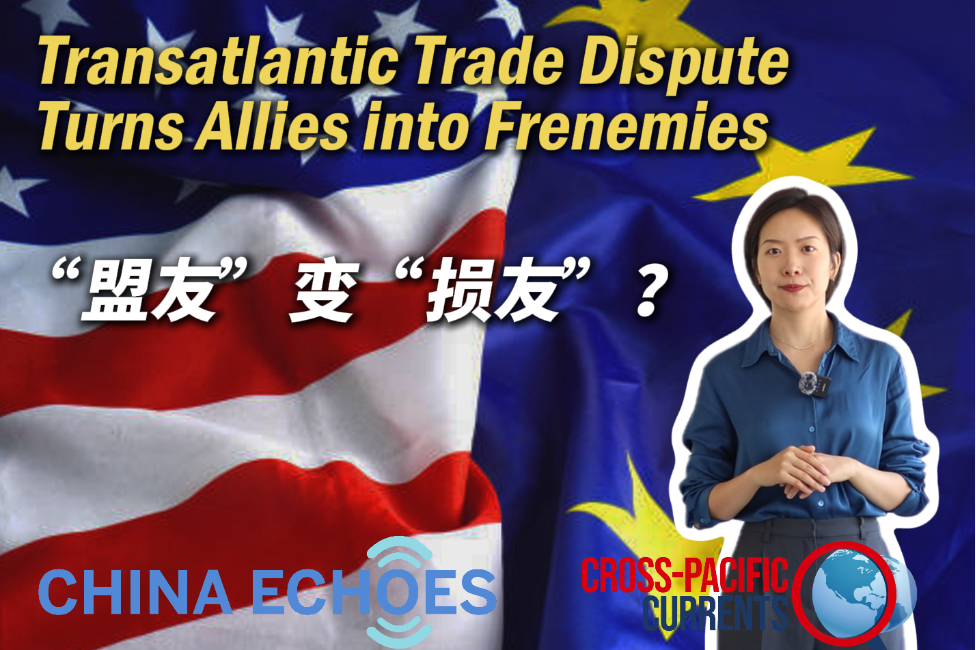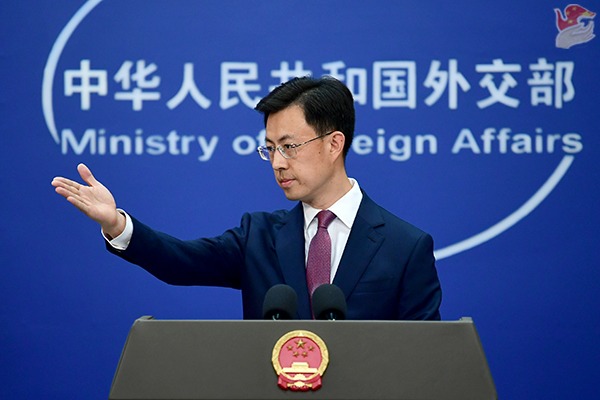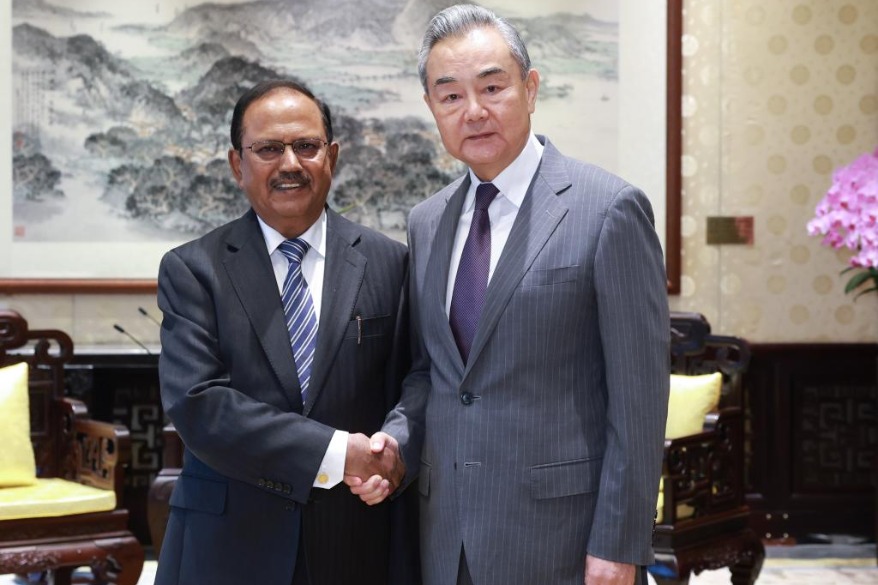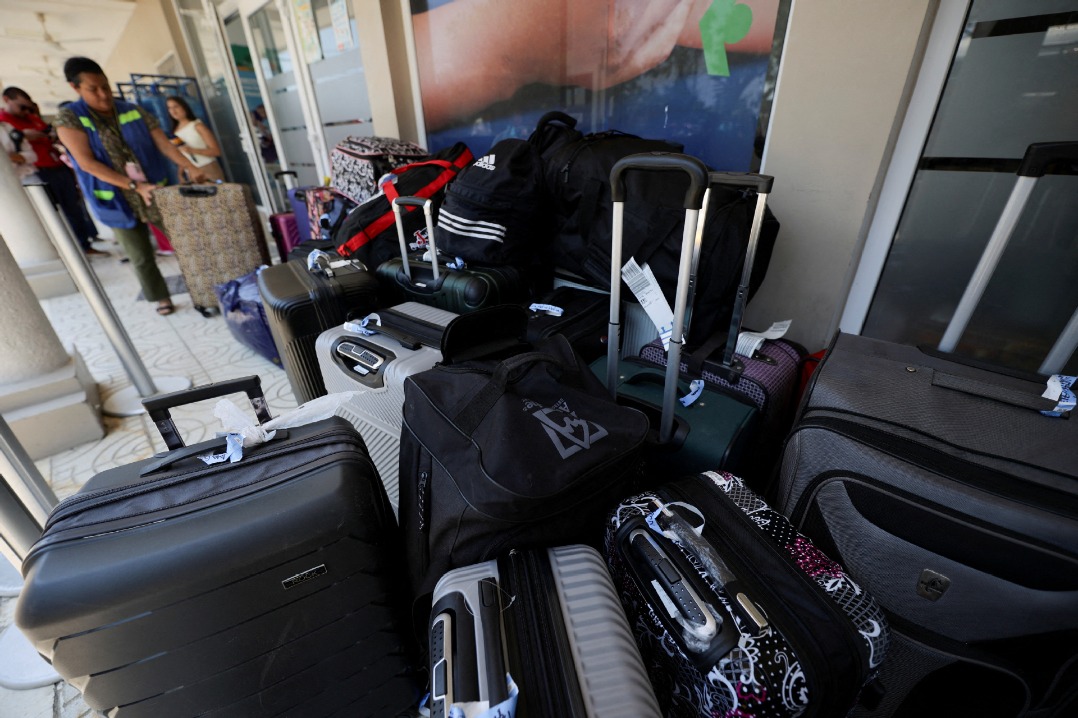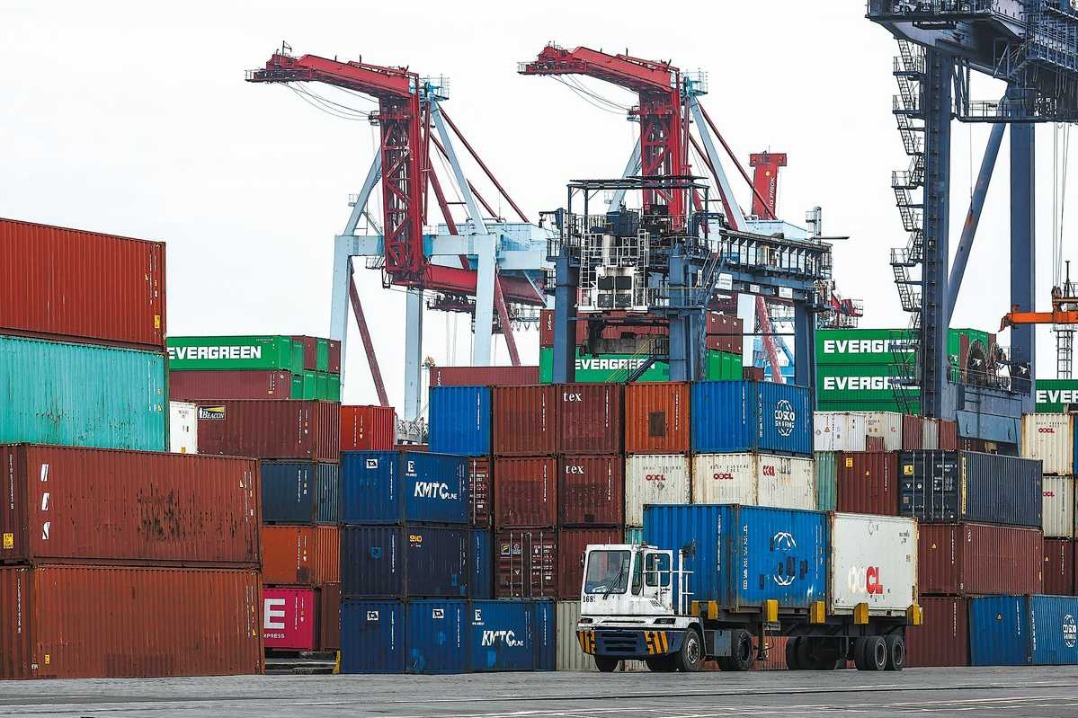Latin America buoyed by travel policy easing
Visa-free access seen as spurring tourism and expanding business opportunities

When Isabel Quiroz heads to China in September to promote her data business, she will be able to make the trip with a lot less paperwork and that is an enticing prospect. That's because, like millions of others from across Latin America, the businesswoman from Chile can now travel to China without a visa.
"It makes traveling a lot easier. No need to go to the embassy, apply or worry about how much time it takes to get the paperwork sorted," said Quiroz. "It makes the trip a lot more convenient."
China's new visa-free policy for five Latin American countries that started on June 1 and is set to last for a year on a trial basis has gained a lot of fans and, by many accounts, spurred travel, strengthened business ties, and reshaped diplomatic engagement across the Pacific.
Since the policy took effect, citizens from Brazil, Argentina, Chile, Peru and Uruguay can enter China without a visa for up to 30 days. The program, announced during the fourth ministerial meeting of the China-CELAC summit in May, is a first for Latin America and a clear signal of Beijing's growing intent to deepen ties with the region. CELAC stands for Community of Latin American and Caribbean States.
"This visa exemption seeks to facilitate tourist visits and, at the same time, promote connectivity with regional businesspeople," said Jose Carlos Feliciano Nishikawa, deputy director of the Center for China and Asia-Pacific Studies at the University of the Pacific.
The policy is also being embraced by Latin American nationals already living in China as it eases family visits and reunions.
For Argentinian professionals and companies operating between the two countries, the exemption saves time and costs associated with repeated visa applications, particularly for last-minute business trips.
Trade expos
Many eyes are now turning to the Canton Fair, one of the world's largest and oldest trade expos, held twice yearly in Guangzhou. Lasting between three and four weeks, the fair attracts thousands of global suppliers and buyers across hundreds of industries. With the new visa-free access, Latin American entrepreneurs can now participate more fully and flexibly across all phases, even deciding at the last minute to attend.
"In Peru, chambers of commerce, travel agencies, and other institutions are taking advantage of this opportunity to promote, for example, business missions to the Canton Fair and other specialized fairs in key sectors such as agribusiness, the textile industry, and machinery, among others," Nishikawa said.
The move to grant visa-free access comes as part of China's broader "high-level opening-up" agenda, which aims to revive inbound travel and boost foreign investment. During the first three months of 2025, 17.44 million foreign nationals entered or exited China, a 33.4 percent rise year-on-year, according to the National Immigration Administration. Meanwhile, 12,603 foreign-invested enterprises were newly registered during the same period, showing renewed investor appetite in China.
Analysts say simplified entry is easing barriers for small and medium enterprises looking to do business in China, especially in import-heavy economies like those in Latin America.
"This measure will benefit small and medium-sized business owners in our countries engaged in trade with China," Nishikawa said.
Visa-free transit has been extended to 55 countries. In addition to Latin American nations, Saudi Arabia, Oman, Kuwait, and Bahrain have been granted 30-day visa-free access, while Indonesia benefited from a 240-hour visa-free transit from June 12 onward.
Still, logistical barriers remain. Nishikawa notes that air connectivity between South America and China is limited, which could slow the pace of engagement unless addressed. But this is also changing as more airlines open new routes.
In mid-May, China Eastern Airlines announced it plans to launch the first route from China to Argentina, flying from Shanghai to Buenos Aires via Auckland, New Zealand.
The Latin America visa waiver will remain in effect through May 31, 2026.
The writer is a freelance journalist for China Daily.
















